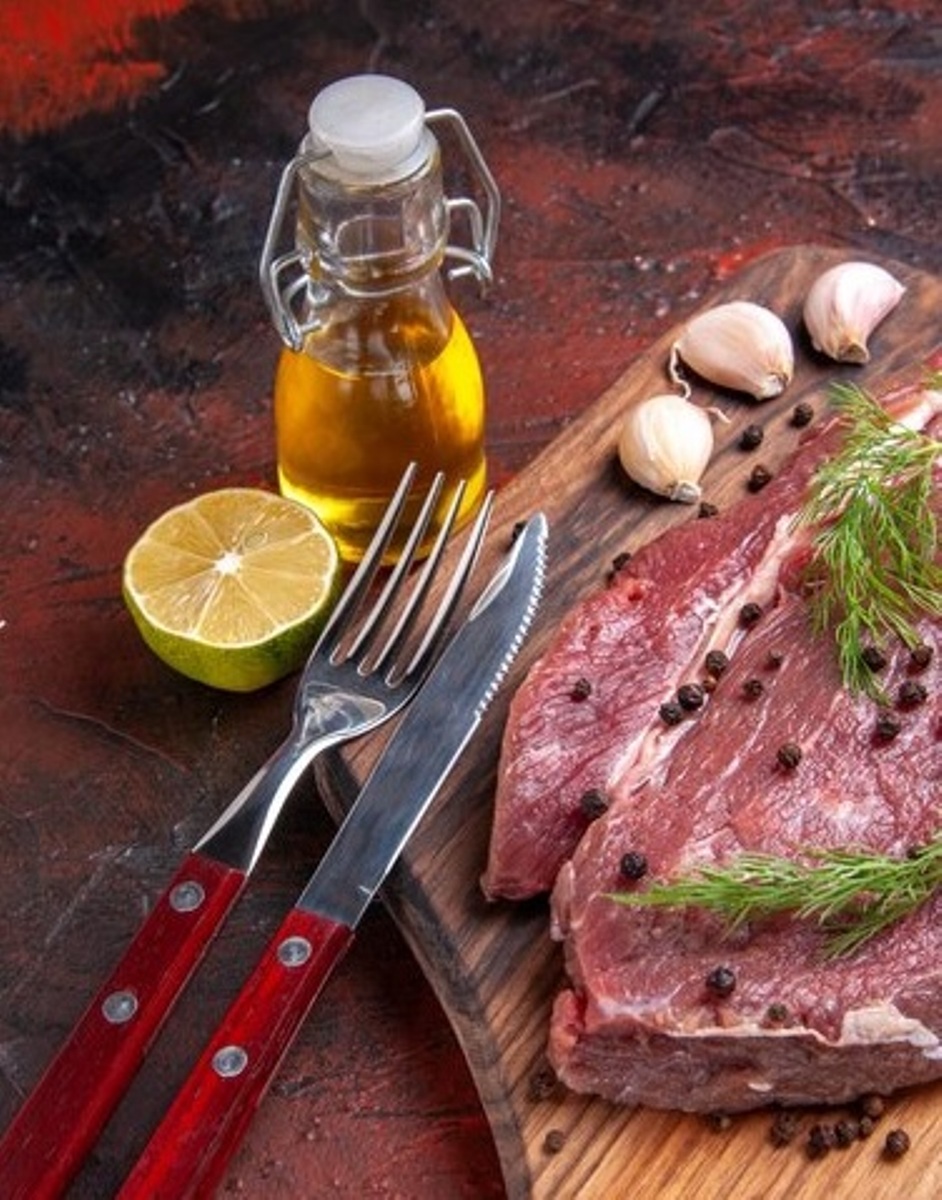
The global market for rheumatoid arthritis treatments is expected to grow at a CAGR of...
Learn More
Our consulting solutions address company specific challenges with respect to micro environment...
Learn More
Organizations frequently need day-today research guidancein order to gain strategic...
Learn More
Exploring different areas of market research and market analysis is a key factor...
Learn MoreAcute Market Reports presents the most extensive global business research services across industries. Our research studies focus on potential outcomes, benefits, and risks associated with each market segment across geographies. Having served our global clients for more than 10 years, our prime priority is to enable our clients in making well-informed business decisions through a data-driven, analytical, and uncomplicated research approach.
We provide access to the world's most comprehensive, analytical, and updated business intelligence services and solutions.




The beef extract market is expected to grow at a CAGR of 7.8% during the forecast period of 2025 to 2033, due to increasing demand from various end-use sectors, including microbiological culture, animal health vaccines, and food processing. The extract, known for its ...
Read More
The cement paints market is expected to grow at a CAGR of 3.5% during the forecast period of 2025 to 2033. Cement paints market is evolving with rising construction activities globally. These paints, primarily composed of white cement and pigments, a...
Read More
The automotive polycarbonate glazing market is expected to grow at a CAGR of 10.1% during the forecast period of 2025 to 2033, characterized by robust drivers, including advancements in sun control, hydrophobic solutions, and the proliferation of swi...
Read More




